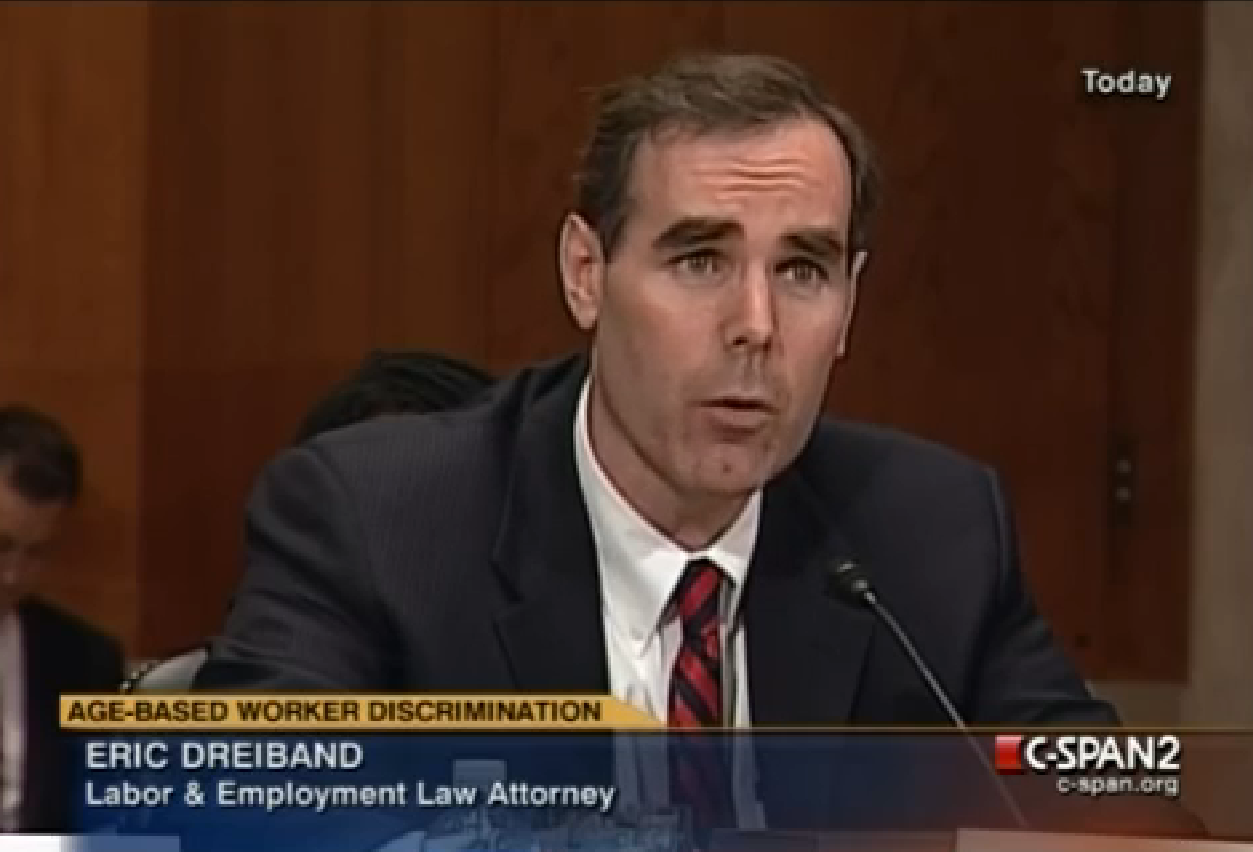Abortion rights, women of color, and LGBTQI+ people are under attack. Pledge to join us in fighting for gender justice.
Connecticut, Nevada, and Rhode Island Enact Salary Range Transparency Laws to Help Close the Wage Gap

In the new documentary “LFG,” which highlights the U.S. Women’s National Soccer Team’s fight for equal pay and gender equity, Megan Rapinoe powerfully comments, “The story is the same everywhere, whether you’re an executive, whether you’re a domestic worker, whether you’re a soccer player. Women get paid less to do the same job.” Women, including elite female athletes on the Women’s National Soccer Team, experience a wage gap in nearly every occupation in the United States, leading to a loss of hundreds of thousands of dollars throughout one’s career.
The wage gap remains pervasive in the United States for many reasons including discrimination and bias against women, the undervaluation of women’s work, women’s overrepresentation in underpaid occupations, and policies that perpetuate pay secrecy. Many female employees and job applicants never know they are being paid less than their male counterparts because they lack access to pay information and many employers forbid employees from discussing their wages. A crucial step towards closing the gender wage gap is requiring employers to provide salary ranges for all positions. State legislators are increasingly mobilizing around this issue and passing salary range transparency requirements, most recently in Connecticut, Nevada, and Rhode Island.
Why Salary Range Transparency Is Important
As a result of pay secrecy, job applicants are at a distinct disadvantage in the hiring process as employers hold far more information about budgets and whether salary and benefit offers are negotiable. When an employer asks job applicants about their salary expectations without providing any information about compensation, women and people of color lose out. Studies have demonstrated that women often ask for less pay during negotiations than men, even when women applicants have the same qualifications for the position. Requiring employers to provide the salary range for positions to job applicants helps level the playing field in negotiations and closes the gender wage gap.
Salary range transparency is particularly important as states respond to the COVID-19 pandemic. As many women seek to re-enter the workforce after losing their jobs or being forced to quit to care for family members, gender and racial wage gaps will likely increase. Many women may be pressured to accept lower paying jobs because they have little to no financial cushion to survive the pandemic. Requiring transparency around salary ranges will help employers efficiently rebuild their workforce while giving job applicants crucial information to evaluate whether they are being paid fairly.
Connecticut, Nevada, and Rhode Island Join a Growing Movement of States Requiring Salary Transparency
Across the United States, there is a growing movement of state legislatures passing bills to promote salary range transparency. In June and July of 2021, Connecticut, Nevada, and Rhode Island enacted legislation requiring employers to provide salary ranges to both job applicants and employees. The laws in Connecticut and Nevada will take effect in October 2021 and Rhode Island’s law will take effect in January 2023. By enacting this critical legislation, Connecticut, Nevada, and Rhode Island join several other states—Colorado, California, Maryland, and Washington—that have recently passed salary transparency requirements to help close the wage gap.
The COVID-19 pandemic has only underscored the need to tackle deep gender and racial pay gaps in our economy. In addition to passing salary range transparency requirements, states can also advance equal pay efforts by protecting employees who discuss their pay, prohibiting employers from relying on salary history to determine compensation, requiring employers to collect and report pay data, expanding equal pay protections to protect against pay discrimination on the basis of race and disability, offering more robust legal remedies for victims of pay discrimination, and raising the minimum wage (as two-third of minimum wage earners are women).
The National Women’s Law Center applauds Connecticut, Nevada, and Rhode Island for enacting crucial legislation to advance equal pay for all women and encourages other state legislators to join this growing movement for workplace justice and equal pay.





